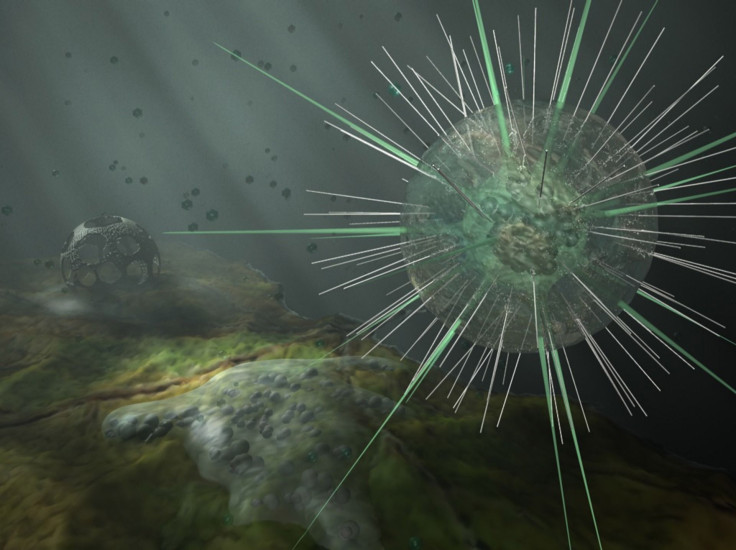A Missouri man, who was undergoing treatment after being infected by a rare brain-eating amoeba while he was swimming in a lake in Iowa, has succumbed to the infection and has been confirmed to be dead.
According to the Missouri Department of Health and Senior Services, the swimmer reportedly got infected with Naegleria fowleri, a brain-eating amoeba commonly found in warm freshwaters like lakes and rivers, after swimming at the Lake of Three Fires in Taylor County, Iowa in June.
After showing signs of the amoeba infection, he reportedly underwent treatment in an intensive care unit for primary amebic meningoencephalitis, a life-threatening infection of the brain caused by the amoeba. Despite the treatment, the man recently died from the infection, Daily News reported.
Following his death, the Iowa Department of Health and Human Services announced on July 8 that the Lake of Three Fires beach in Taylor County, Iowa, suspected of being the source of the single-celled amoeba, has been temporarily closed to swimming as a precautionary response to a confirmed infection of Naegleria fowleri in the deceased.
Meanwhile, the Iowa Department of Health and Human Services revealed that they, with the help of the Centers for Disease Control and Prevention, are conducting testing to confirm the presence of Naegleria fowleri in the lake, ABC News reported.
People get infected by Naegleria fowleri when water containing the amoeba enters the body through their nose. The amoeba then travels to their brain and destroys brain tissue.
Symptoms of suffering from primary amebic meningoencephalitis include severe headaches, fever, nausea, vomiting, stiff neck, and seizures.
"While the occurrence of Naegleria fowleri infection is extremely rare, once infected it is usually fatal," Lisa Cox, a spokesperson for the Health department, said. "Because these cases are so incredibly rare and out of respect for the family, we do not intend to release additional information about the patient which could lead to the person's identification."
Meanwhile, it was reported that 154 known cases of primary amebic meningoencephalitis have been reported in the U.S. from 1962 to 2021. However, out of the 154 known cases, only four people have survived.
The recent infection was Missouri's first case of primary amebic meningoencephalitis since 1987. According to health officials, no additional suspected cases are being investigated in the state at the moment.

© 2025 Latin Times. All rights reserved. Do not reproduce without permission.





